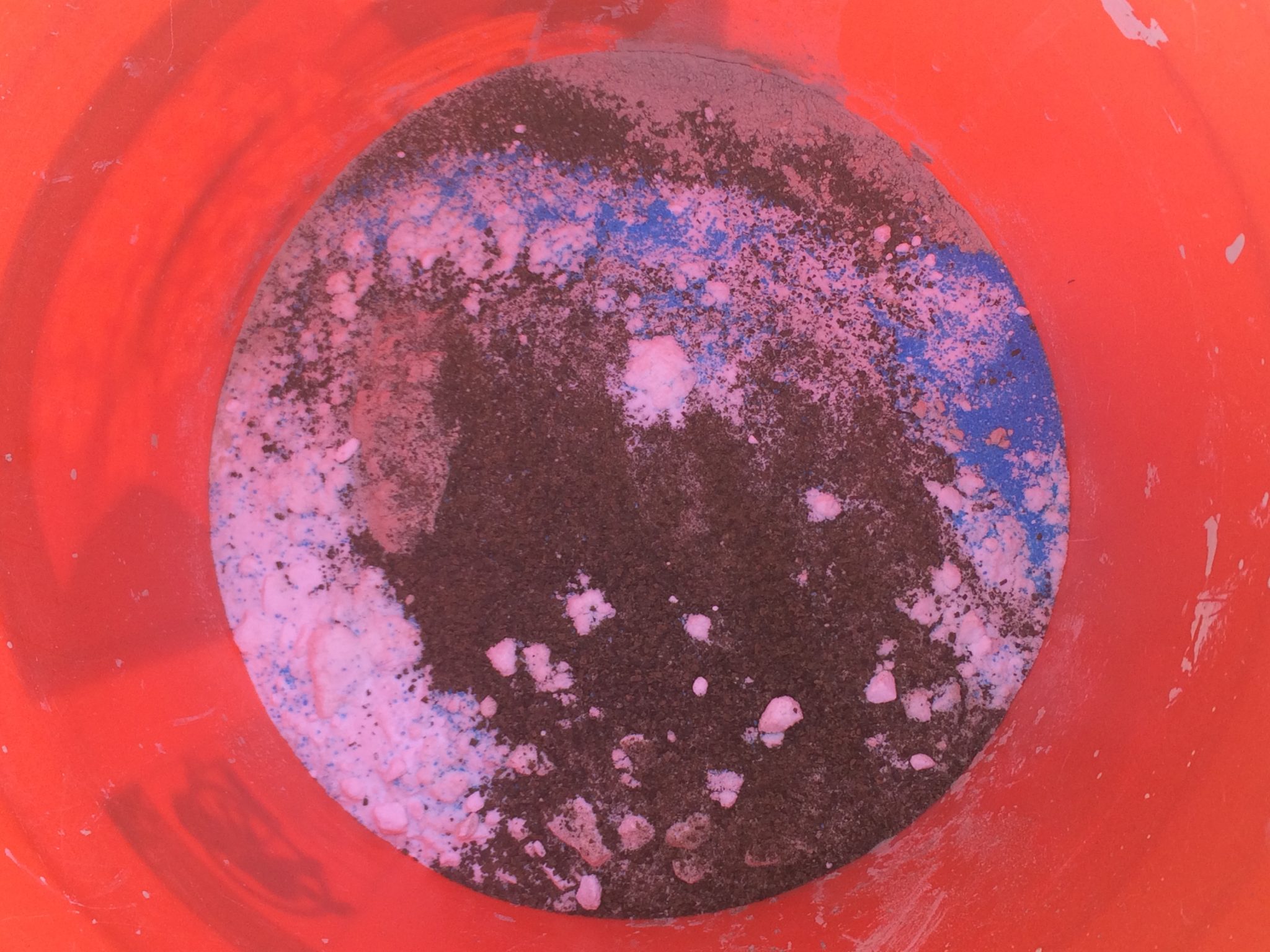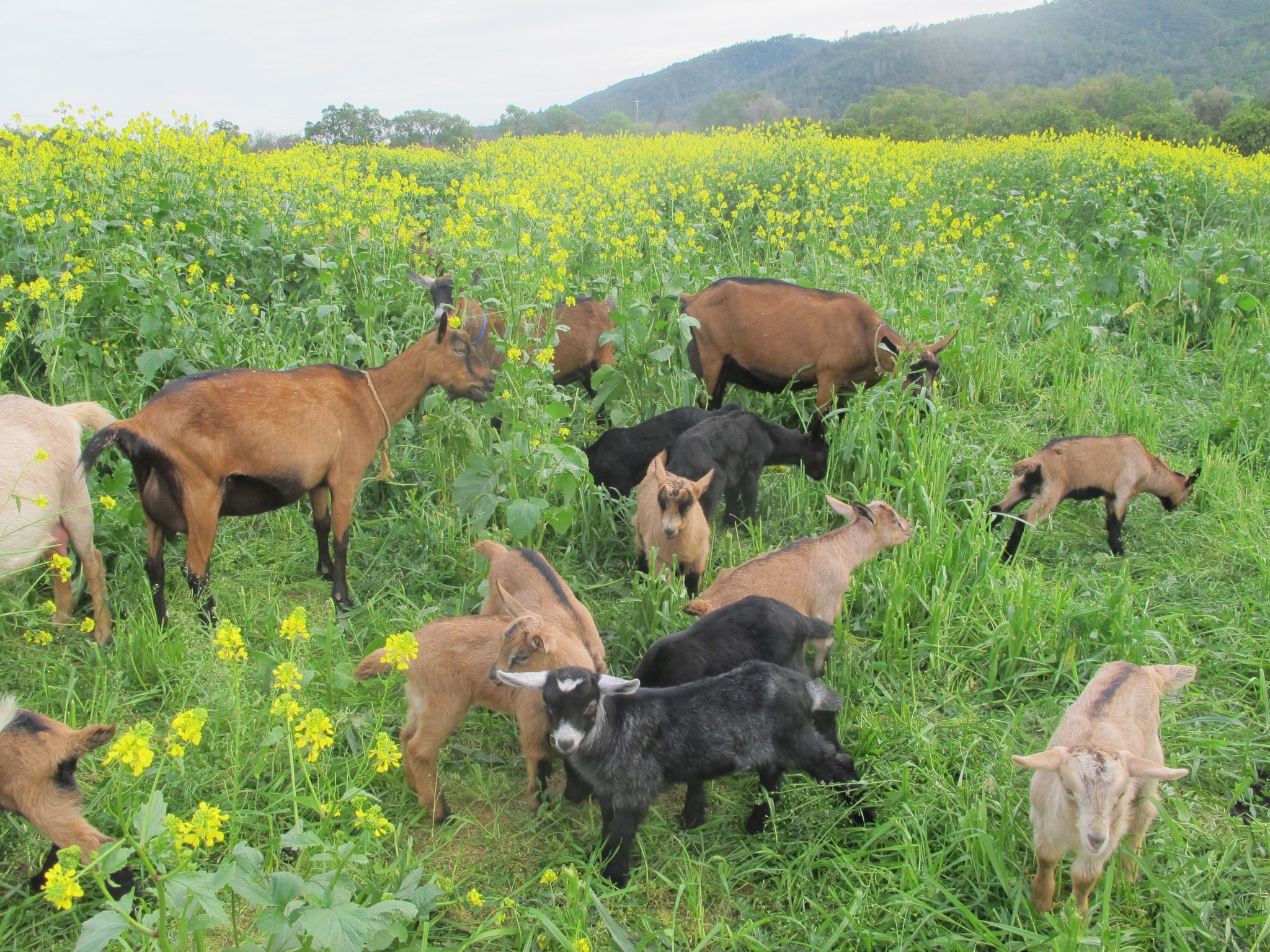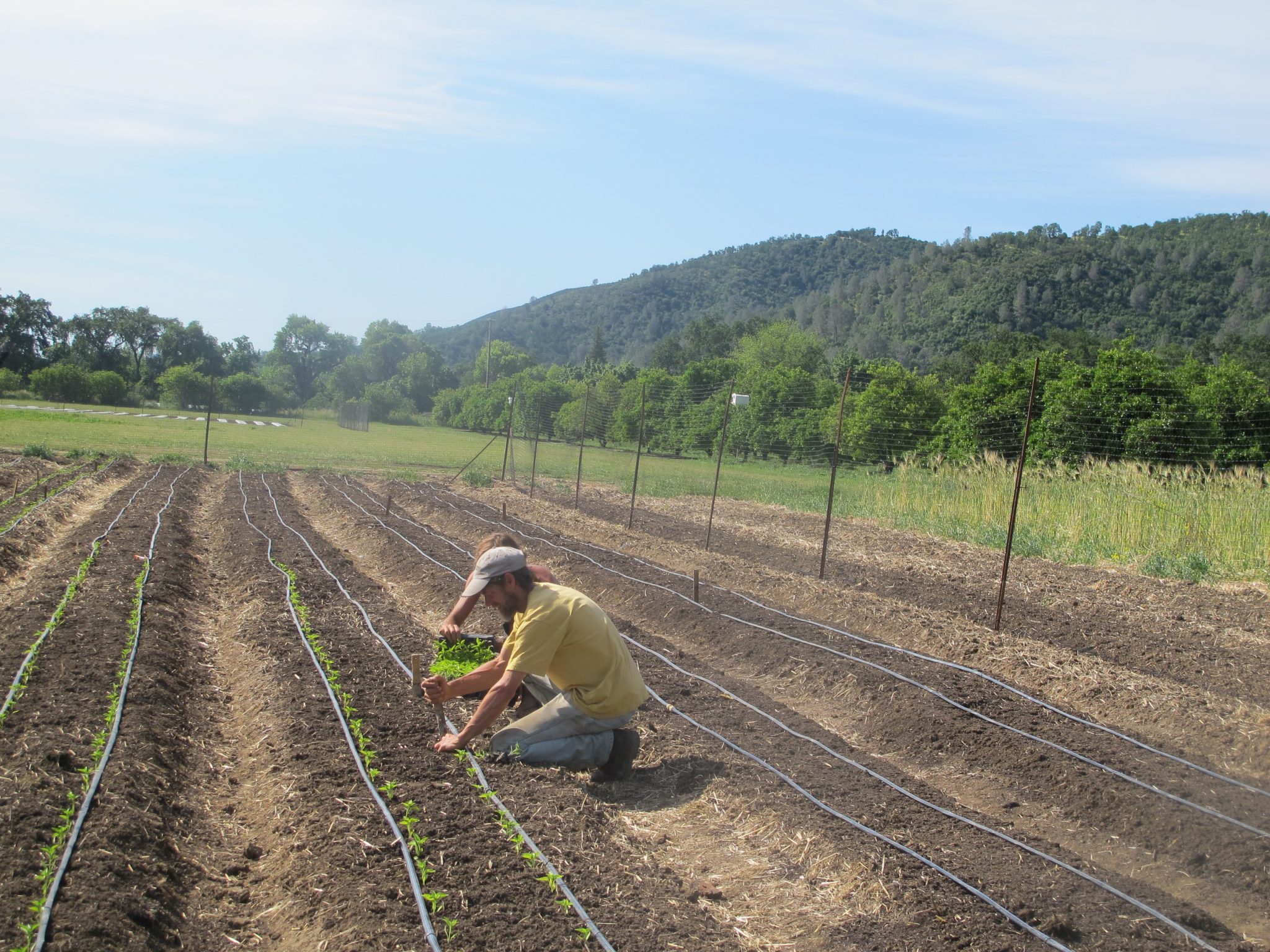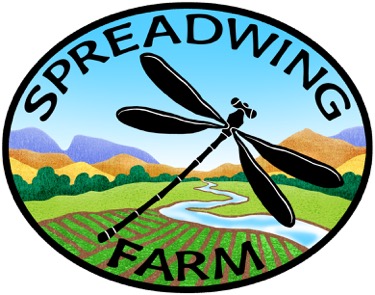
What’s this?! A new planet? No, these are some of the amendments we have been incorporating into our soil. They include kelp, azomite (a rich volcanic ash), zinc sulfate, manganese sulfate, copper sulfate, gypsum, limestone, soft rock phosphate, compost, and feather meal. Wow! that’s a lot of amendements! They contain nitrogen, calcium, phosphorus, sulfur and many other micronutrients. We are providing nutrients for our crops by replacing nutrients that were used to grow last year’s crops, balancing minerals for optimal absorption by plants, and building healthy soil. Healthy soils grow vigorous plants which produce amazingly delicious and nutritious food!
This spring we have spent a lot of time prepping our veggie garden beds. But the beginning of the process actually started months ago back at the end of the summer when we planted cover crops such as sudan grass, oats, peas, and vetch. These cover crops were grazed by our cows and goats. The animals recycle plant nutrients by digesting most of the cover crop, leaving behind manure and urine, which fertilizes, innoculates, and helps restore soil, keeping it biologically active. The remaining cover crop then got mowed and disked to add organic matter to the soil. The cover crop takes time to break down in the soil. Then soil amendments were added and worked in. After that, we transplanted or seeded our veggie crops into our beds covered in paper or plastic mulch. The mulch protects the bare soil from the elements and suppresses weeds.

In 2018, we’ve already planted onions, shallots, potatoes, beets, tomatoes, parsley, basil, melons, cucumbers, and peppers. We’ll be planting okra and eggplant soon. At the end of May, we hope to be bringing veggies and fruit to the Sacramento Farmers’ Market on Sundays and to the Sacramento Natural Foods Co-Op. We hope to see you there!

